Homeland of ficus Benjamin
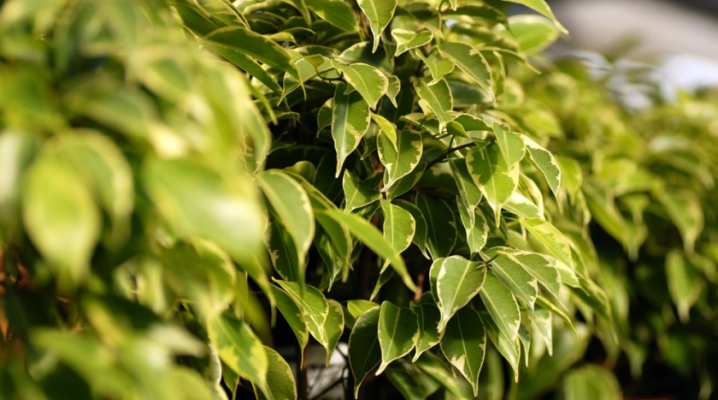
Ficus is a genus of plants belonging to the Mulberry family. In the wild, ficuses live mainly in tropical climates, they can be trees, shrubs, and even lianas. Some of them give people rubber, others - edible fruits. Leaves of different types of ficus can be used both as a medicinal raw material and as a building material. The most famous representatives of this genus are the fig tree (aka fig or fig) and Benjamin's ficus, which is successfully grown as a houseplant.
Where does Benjamin's ficus come from and where does it grow in nature?
The birthplace of this plant - tropical rainforest of Asia. Nowadays it can be found in India, China, Australia. It also grows in the Hawaiian and Philippine Islands. Ficus Benjamin loves constant humidity and high air temperatures. Many people know that the inhabitants of the country of Thailand have chosen it as a symbol of their capital - Bangkok.

What does this plant look like?
Ficus Benjamin - it is an evergreen tree or shrub that grows in natural conditions up to twenty-five meters in height. This plant has erect shoots and a round stem. This ficus can be easily recognized by its glossy smooth oval, with a pointed tip, leaves 7-13 centimeters long.
The bark of Benjamin's ficus is gray-brownish in color, it also has a wide crown and drooping branches. The flowers of this plant are inconspicuous, and the round fruits of red or orange are inedible.
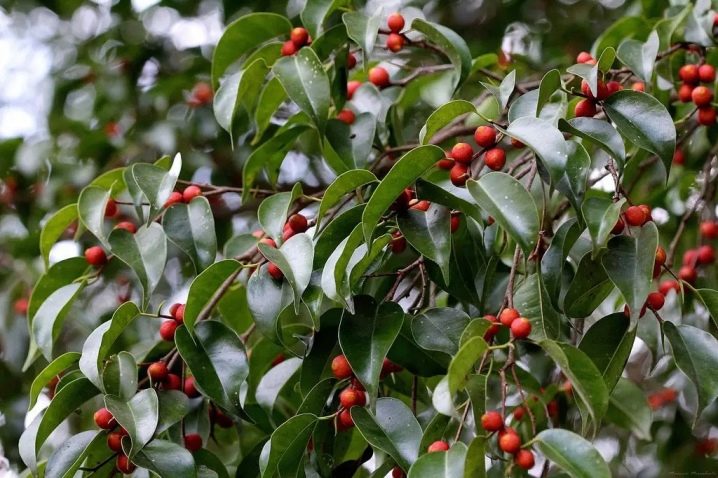
The history of the origin of the name
This ficus got its name in honor of Benjamin Daydon Jackson. This is a famous British botanist of the early XX century. Benjamin Daydon became famous as the compiler of a guide to flowering plants. He managed to describe about five hundred species of plants. In 1880, Benjamin Daydon was elected president of the Linnaean Society of London for his great contributions to botany.
Ficus Benjamin as a houseplant
Recently, this type of ficus has become very popular. as a spectacular indoor plant... Leaves of different varieties can have both different shades of green and contain white or yellowish blotches. Plants with light leaves tend to need brighter lighting. For several years at home with good care, Benjamin's ficus can grow up to one to two meters in height. But as a houseplant it does not bloom and does not bear fruit, this is only possible in a greenhouse environment.
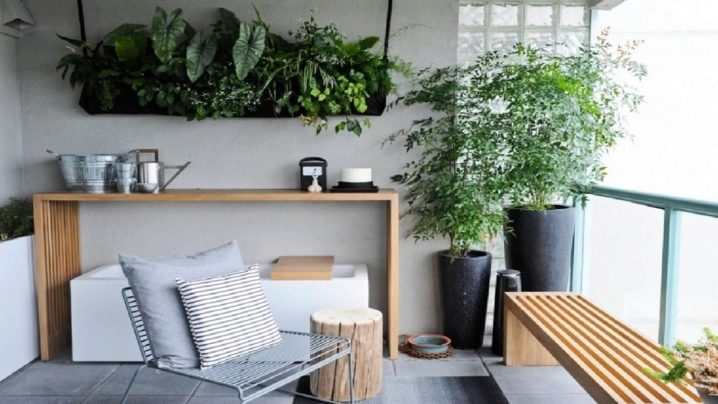
Interesting Facts
There is a lot of interesting information about this beautiful plant. We suggest you familiarize yourself with some of them:
- in the Royal Botanic Garden of Sri Lanka, Benjamin's ficus grows, which is one hundred and fifty years old, and its crown has an area of two thousand five hundred square meters;
- during epidemics, it can successfully destroy pathogenic viruses;
- from this plant, by cutting, you can form various shapes: balls, rings and many others, depending on your imagination and skill .;
- often young plants are planted several trunks side by side and intertwined in the form of a braid so that beautiful patterns form on the trunk;
- it is believed that this ficus brings goodness and good luck to the house, strengthens family relationships, promotes the conception of children;
- in India and Indonesia, Benjamin's ficus is considered a sacred plant.There is a belief that he can endow a person with enlightenment and spirituality. Therefore, he is often planted near temples.
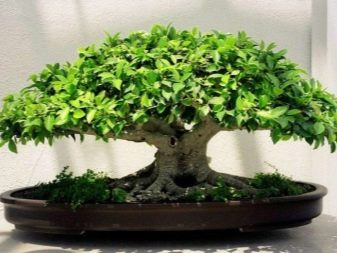
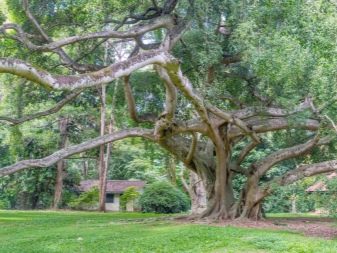
Despite the fact that Benjamin's ficus as a houseplant is inferior to its wild-growing ancestor in size, it fits wonderfully into any interior. Its shape of a small graceful tree and beautiful variegated leaves effectively decorate modern living rooms in apartments and houses.
In addition, it can neutralize harmful substances such as formaldehyde and benzene, perfectly cleaning the home air space.
You will learn how to care for and breed Benjamin's ficus at home from the following video.








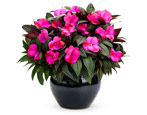
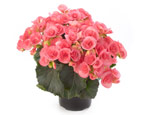
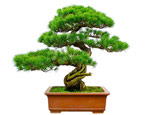


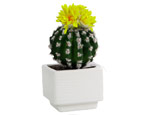
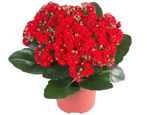


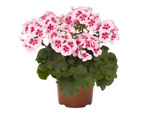

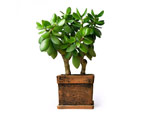
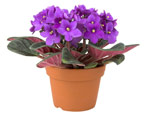
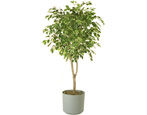









I bought different varieties of ficuses for myself and my mother many times. Mom has more southern sun, and I have a west side. Mom is hot and she often opens the windows. I am never hot and I do not like open windows. Mom's ficuses just grow up to the sky, and mine want more sun and air.
The comment was sent successfully.